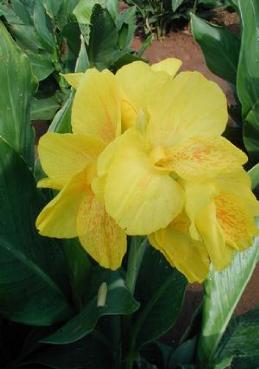 |
||
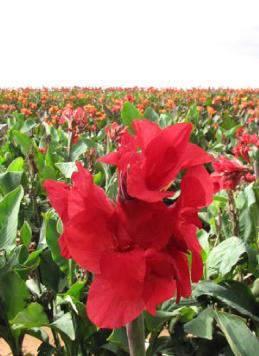 |
||
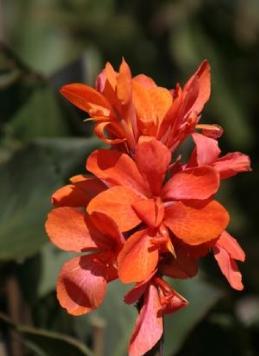 |
||
Burning Ember Canna Dark Bronze foliage sets the stage for contrasting burnt orange blooms |
||
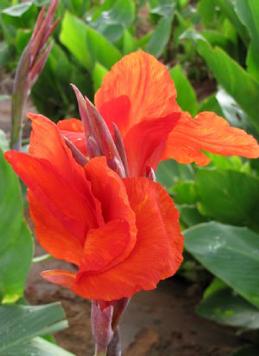
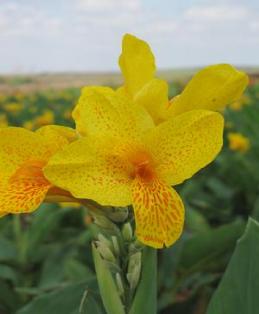
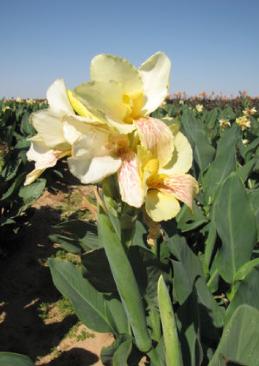
King City Gold Canna
Sunflower yellow with green foliage. It has red dots that mark it's iris-like blooms.
Ibiza Canna
Yellow blooms with speckles of salmon with traditional apple green foliage
Golden Lucifer Canna
Yellow petals marked with red spots and green foliage
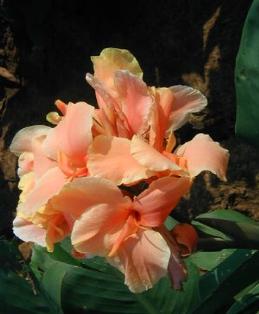
Tropical Sunrise Canna
A prolific bloomer boasts large blooms of pink and apricot
Crimson Beauty Canna
Shiny green foliage with dark fuchsia blooms. A great mixture of red and pink. It increases rapidly and blooms heavily.
Red Dazzler Canna
Giant canna with large, dark red-orange blooms and massive green foliage.
The canna's are not in stock at this time, check back with us late April. We will post here and on Facebook when we have them in stock.
Please contact me with any questions you may have
Ric Banchero
Copyright 2019 This site designed and maintained by Ric & Delight Banchero
CANNA PLANTS
Cold Hardy Tropical Cannas
Cannas grow very well just about anywhere in the Pacific Northwest. They have a tropical look to them with their football style leaves and colorful flowers. Cannas have a height of 3 to 5 feet, some taller. This makes them versatile for a lot of applications.
Flowers are available in quite a variety of colors. Reds, pinks, yellows and oranges are the common color options but many combinations of these colors is common. Cannas start blooming in late spring lasting into early fall. You get a lot of bang for your buck with these.
Foliage on these plants is spectacular, many have striped leaves with shades of greens, whites, purples and bronze. I'm a firm believer that plants in my yard need to look good without their flowers, these do.
Cannas are hardy to about 20º. They require very little maintenance.
Deadheading keeps the new blooms looking great.
Every 3 - 5 years the cannas should be dug up, broke apart and placed back in the soil where they came from. This avoids having the center of your plantings to be barren of new shoots.
Get your cameras out, you will be taking lots of pictures of these beauties.

